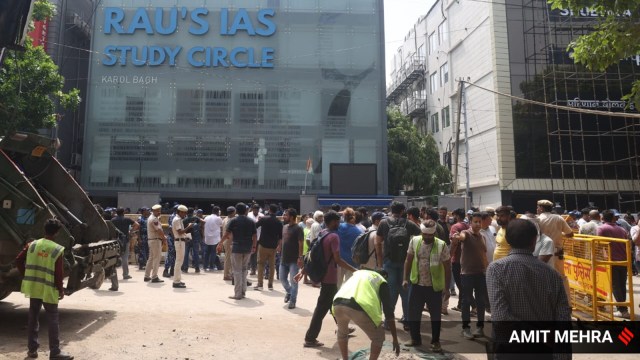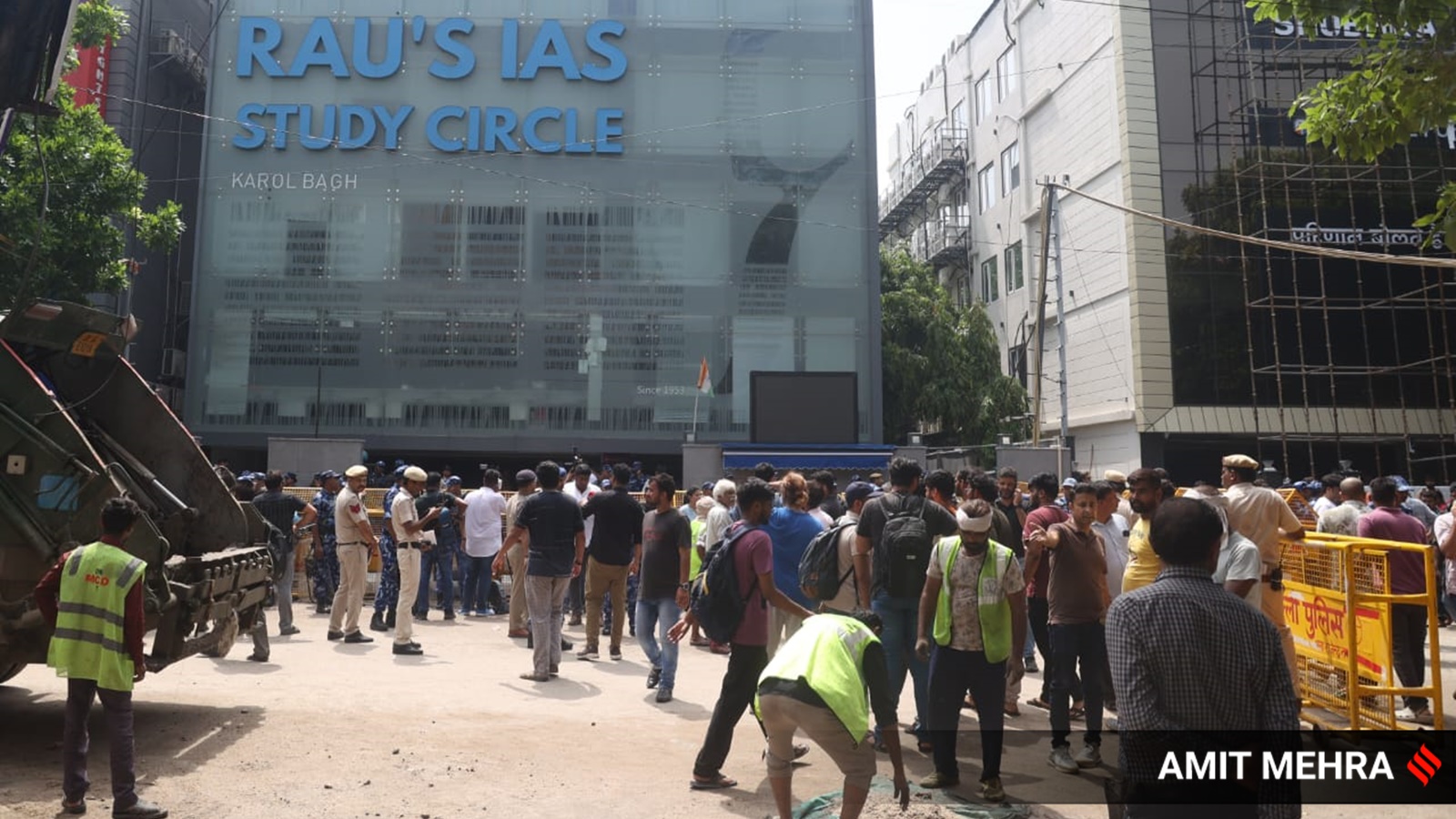
Written by K H Govinda Raj
As competition increases, the demand to relax the age bar and allow candidates to compete more number of times in the Union Public Service Commission examination is expected. At present, the upper age-limit for general candidates to write the Civil Services examination is 32 years (six attempts); for reserved categories (SC/ST), it is 37 years (unlimited attempts) and for OBCs, it is 35 years (nine attempts). The situation will only get worse, not better, in the years to come.
The number of candidates appearing for the exam has gone up from about 1 lakh 30 years ago to 13.4 lakh now. Even in 2006, the number was only 1.95 lakh. With the number of posts notified remaining the same as ever — about 1,000 — the success rate has come down to about 0.075 per cent. Acing the IAS is a bigger gamble than any — even the probability of winning a jackpot is more — which can take away the productive years of one’s youth. With so many aspiring to join the Civil Services, and spending years — usually from the age of 21 to 32 — there are now large numbers of young people who are unsuccessful, frustrated, dejected and exhausted at an early age. We are generating a large number of dejected youth who feel worthless at 32.
Every city and town in India has a large number of IAS coaching centres selling the IAS dream without even assessing the capacity of aspirants. Nobody turns away an average student by putting them through an entrance test. For those running the centres, the more the number of students the merrier. They enrol them and collect handsome fees. Why would they filter? Accommodation, food and services for these aspirants have become an industry in areas like Rajinder Nagar in the capital. Aspirants, mostly from middle-class backgrounds, are willing to endure any hardship to realise their Civil Services dream: Sharing rooms with bare minimum facilities, sometimes in buildings that are dangerous and unfit for human habitation, managing with minimal nutrition, etc. The tragic death of three aspirants in the basement of Rau’s IAS Study Circle in New Delhi is an eye opener.
These centres need to be regulated, but the prestige and competitive nature of the examination and the fact that these centres don’t offer any degree under a regulatory framework make it difficult for the government to intervene. In the process, students who don’t have the potential to clear the examinations end up wasting six (or more) years of their precious youth in chasing a mirage.
Here is my advice to fresh graduates and those who have been at it for two/three years.
- Don’t put everything aside to try for the UPSC. Get a job, work at it or join a PG course and prepare for the UPSC alongside. In the event that you don’t succeed, you would already have a job or an additional degree to help you in the job market.
- Don’t spend a fortune in going to coaching classes, they help only to a certain extent.
- Despite all your efforts and preparation, if you don’t clear the prelims in the first two attempts, you are unlikely to do so in subsequent attempts. So, for your own good, please give it up. Don’t exhaust all your attempts just because you are allowed to do so. You will only waste precious years of your life. Accept that you’re not made for this and try other, perhaps better, things. Having been in the IAS for 30 years now, let me say it is just another job. Corporate jobs are much better in every sense. In my opinion, you don’t lose much by not clearing the UPSC. There is life beyond that.
- Rather than coming out of this whole process as a dejected and demoralised person, be pragmatic and come out of it after two years and try something else. You will succeed.
The writer is principal secretary, Urban Development Department, Maharashtra



